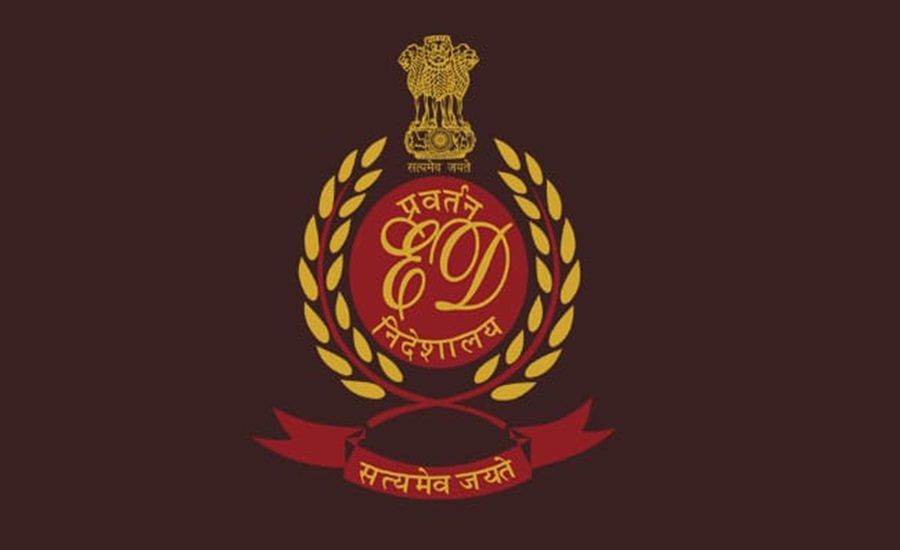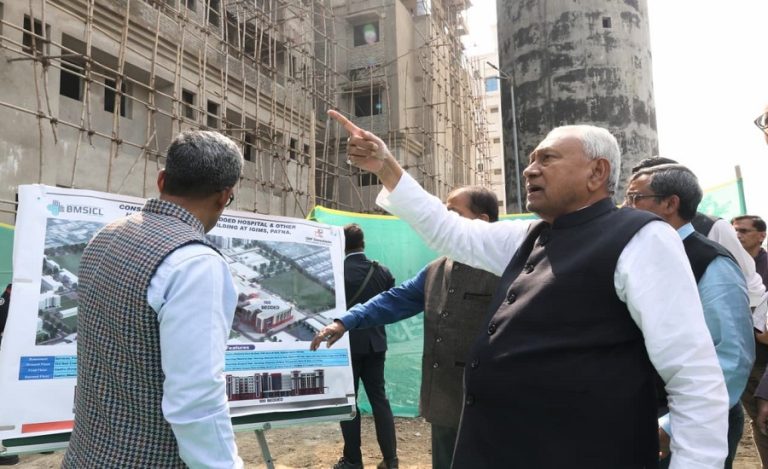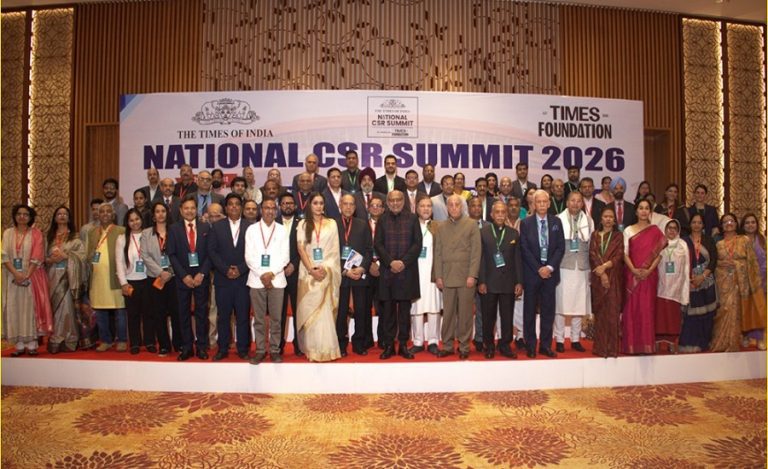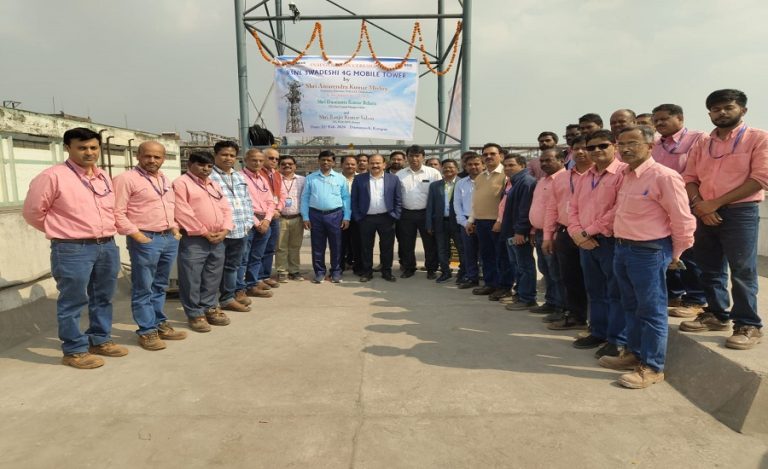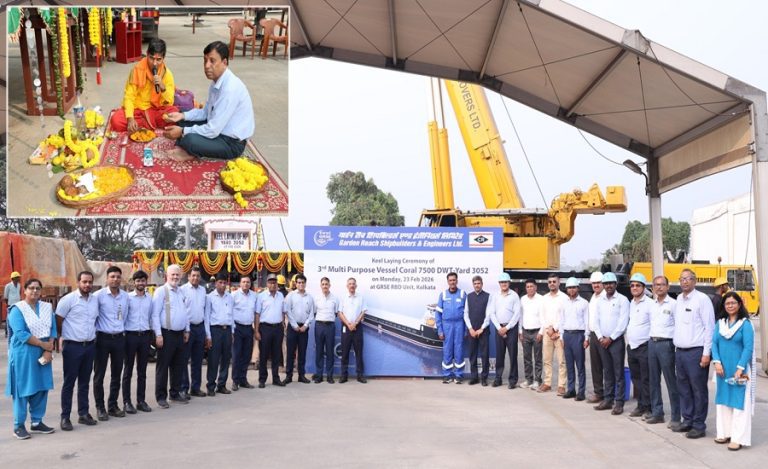New Delhi: In one of the most sweeping actions against digital financial fraud in India, the Enforcement Directorate (ED) has launched a massive nationwide crackdown on cybercrimes, spanning over 28 cities, and exposing proceeds of crime (PoC) worth more than ₹28,000 crore. The operation has resulted in the attachment of assets exceeding ₹8,500 crore and the arrest of 106 accused persons.
The agency’s intensified action, involving zonal offices, special task forces, and two headquarters investigation units (HIUs) based in Delhi, has targeted cybercrimes that were already under probe by state police and other agencies under scheduled offences of the Prevention of Money Laundering Act (PMLA).
High-Value Cases Across the Country
Among the most notable investigations is the Mahadev Online Betting App case, where ED uncovered a laundering trail of over ₹8,000 crore. The betting platform, allegedly operating from abroad, facilitated illegal gambling on cricket, card games, and even elections. More than 160 searches in this case alone have led to the seizure of ₹19 crore in cash, valuables worth ₹17 crore, and the freezing of bank and DEMAT accounts holding approximately ₹2,311 crore. Thirteen arrests have been made so far, and extradition of the masterminds from the UAE is currently being pursued.
Massive Money Trail Traced to Key Cities
According to ED data, 162 PMLA cases of cybercrime are currently under investigation, with ₹28,298 crore in total PoC involved. A city-wise analysis reveals that the Raipur Zonal Office leads with ₹8,000 crore, followed by Mumbai (₹6,000 crore) and HIUs in Delhi (₹5,300 crore). Hyderabad (₹2,600 crore), Ahmedabad (₹2,152 crore), and Kochi (₹951 crore) also feature prominently. These six zones alone account for over 88% of the total cybercrime proceeds, underscoring the scale and concentration of digital financial fraud in urban hubs.
The Raipur office is investigating the country’s largest cybercrime case, largely driven by the Mahadev App scam. Meanwhile, Mumbai and Delhi are handling complex financial frauds involving hawala, cryptocurrency, and online payment gateways.
Coordination to Combat Growing Threat
A two-day national coordination meeting was held in Srinagar last month, chaired by ED Director Rahul Navin, to assess the escalating threat of cybercrime and its disproportionate impact on vulnerable communities. A study presented at the meeting highlighted how international crime syndicates use hawala networks, cryptocurrency, and online payment systems to siphon off massive sums from Indian victims.
Nationwide Effort Against Digital Crime
This large-scale operation marks one of the strongest enforcement actions against cybercrime in India, with the ED deploying comprehensive resources to track, investigate, and dismantle digital financial networks used for illegal activities. The agency emphasized its continued coordination with state police, financial intelligence units, and international authorities to pursue fugitives and block money laundering channels globally.

